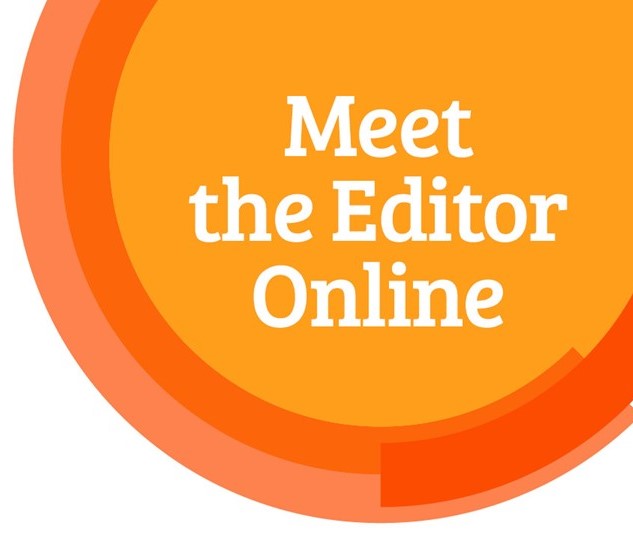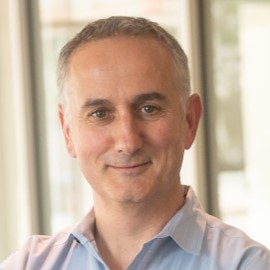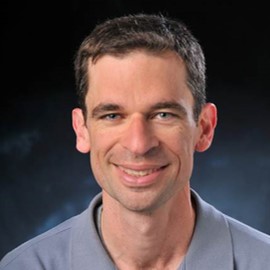Meet the Editor Online with UC San Diego
 The Royal Society of Chemistry invites you to join us for our upcoming Meet the Editor event with UC San Diego. The webinar will feature a research seminar from a “visiting” speaker and a panel discussion with our guest RSC journal editors.
The Royal Society of Chemistry invites you to join us for our upcoming Meet the Editor event with UC San Diego. The webinar will feature a research seminar from a “visiting” speaker and a panel discussion with our guest RSC journal editors.
We hope you can join us for interactive discussions and opportunities to ask RSC Editors your own questions about the publication process.
If you think this event would interest someone you know at UC San Diego, please share the link to this page. We hope to see you soon!
Schedule
Wednesday, December 2, 2020 (Times shown in PST)
| 9:00-9:45 am
9:45-10:30 am
10:30-11:00 am |
Research Seminar: Main group Lewis acids for applications in catalysis and anion transport
Meet the Editors Panel: How to Publish in High-Quality Journals An interactive discussion featuring Associate Editors of Chemical Science and Catalysis Science & Technology and a Deputy Editor
Drop-in Session: Careers in Scholarly Publishing An opportunity to ask questions and learn |
Prof François Gabbaï
Texas A&M University
Prof François Gabbaï Texas A&M University Prof J. Will Medlin University of Colorado Boulder Jeremy Allen, PhD Royal Society of Chemistry
Jenny Lee, PhD Royal Society of Chemistry Jeremy Allen, PhD Royal Society of Chemistry |
Research Seminar Abstract
Research in the Gabbaï group has been dedicated to the synthesis and study of Lewis acidic main group compounds with the development of applications in molecular recognition and catalysis as the ultimate goals. This seminar will highlight a series of recent results obtained in pursuit of these goals. The first part of the presentation will show how Lewis acidic boron- and antimony-based anion receptors can be deployed in aqueous media to effectively transport a range of anions across the phospholipid membrane of artificial vesicles and live cells. The second part of the talk will focus on the chemistry of antimony- and carbon-based Z-type or Lewis acidic ligands and their demonstrated ability to modulate the catalytic reactivity of adjacent metal centers.
About the Editors
François Gabbaï was born in France and attended the University of Bordeaux before moving to UT Austin where he became a PhD student with Alan Cowley. Upon completion of his Ph.D. in 1994, he joined the group of Hubert Schmidbaur at the Technical University of Munich, first as a postdoctoral fellow and later as an Habilitand. Upon completion of his Habilitation in 1998, he moved to Texas A&M University where he now holds the Arthur E. Martell Chair of Chemistry. His research interests revolve around the chemistry of p-block elements and late transition metals with applications in anion recognition, anion transport, and catalysis. His is a Fellow of the American Chemical Society, a Fellow of the Royal Society of Chemistry and the recipient of the 2009 North American Dalton Lectureship. In 2016, he also received the ACS F. Albert Cotton Award in Synthetic Inorganic Chemistry.
Will Medlin received his Bachelors in chemical engineering from Clemson University in 1996 and his PhD from the University of Delaware in 2001. After conducting postdoctoral research at Sandia National Laboratories, he joined the chemical and biological engineering department at the University of Colorado, where he is currently the Denver Business Challenge Endowed Professor.
His research interests are in the area of heterogeneous catalysis and surface science, with particular emphases on investigations of catalytic chemistry on well-defined surfaces, and on controlling the near-surface environment of heterogeneous catalysts with organic monolayers and thin films.
Jeremy Allen joined the Royal Society of Chemistry in July 2014 as a publishing editor, starting on the journals Physical Chemistry Chemical Physics and Nanoscale. Before moving to his current role, he also worked as a publishing editor on our analytical chemistry portfolio and as a deputy editor on ChemComm and Chemical Society Reviews. Prior to moving to the Royal Society of Chemistry, he completed a PhD at the University of Bath and worked as a Post-Doctoral Research Assistant at Trinity College Dublin, Ireland. His research focused on the use of computational chemistry for modelling reactions on surfaces and understanding the defect chemistry of oxide materials.














